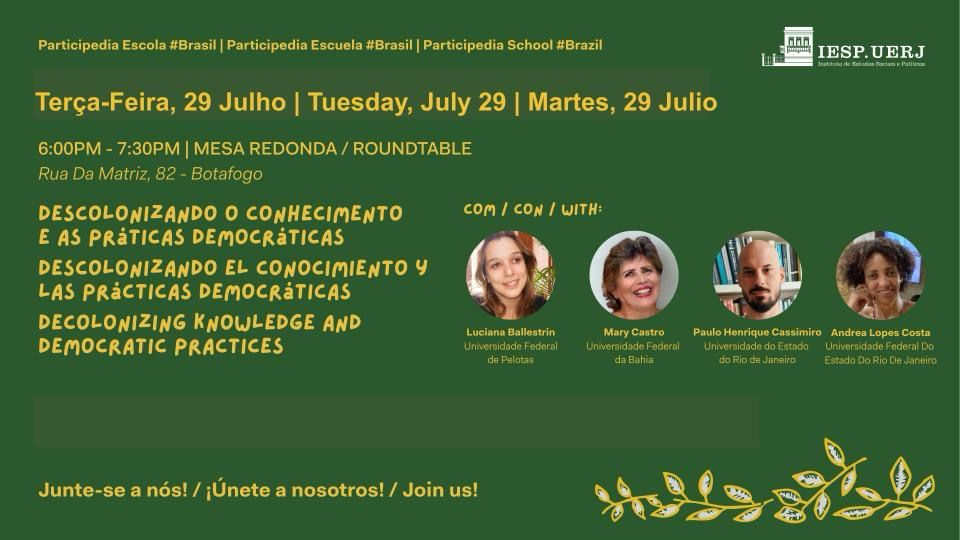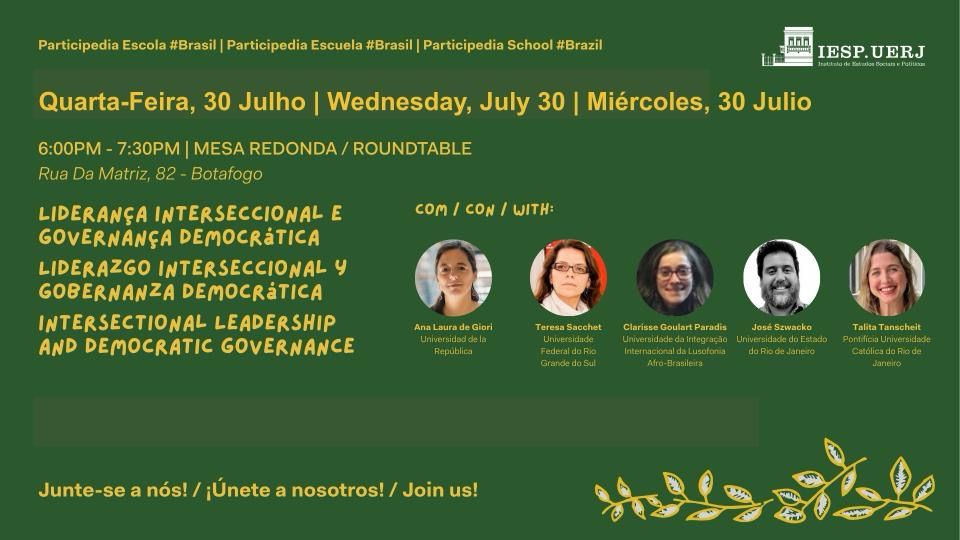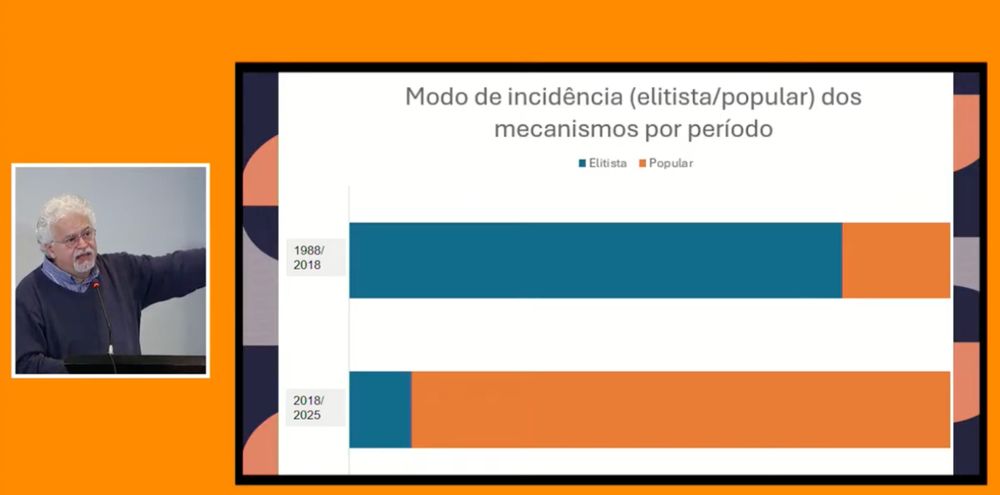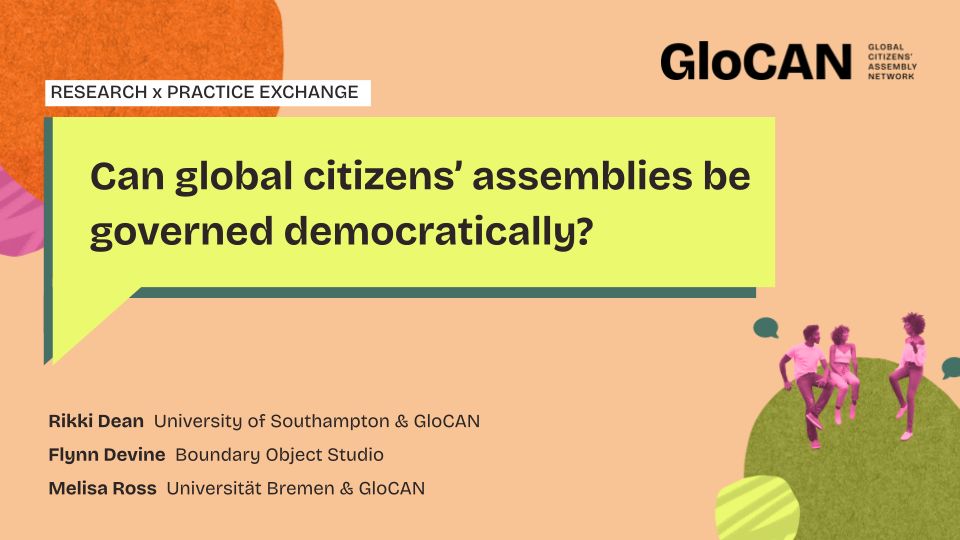Mel Ross
@melross.bsky.social
1K followers
420 following
64 posts
Political scientist @unibremen.bsky.social
CoLead @glocan.bsky.social
CoChair @ecpr.bsky.social's Standing Group on Democratic Innovations
📍Berlin
Posts
Media
Videos
Starter Packs
Reposted by Mel Ross
Reposted by Mel Ross
Reposted by Mel Ross
Reposted by Mel Ross
Reposted by Mel Ross
Mel Ross
@melross.bsky.social
· Jul 5
Reposted by Mel Ross
Reposted by Mel Ross
Mel Ross
@melross.bsky.social
· Jun 13
Reposted by Mel Ross

























